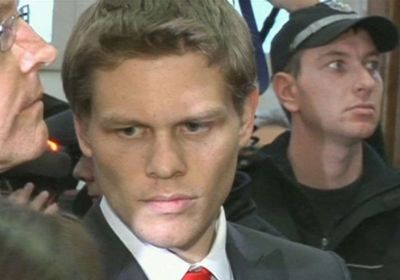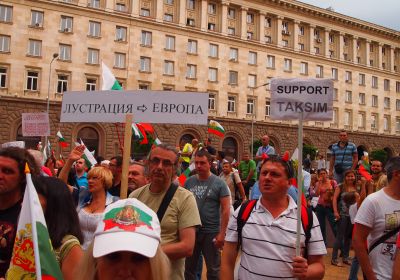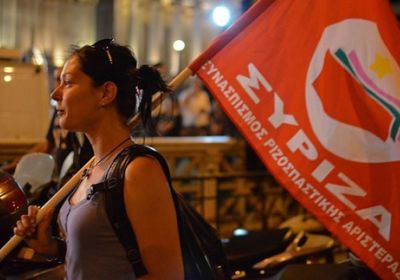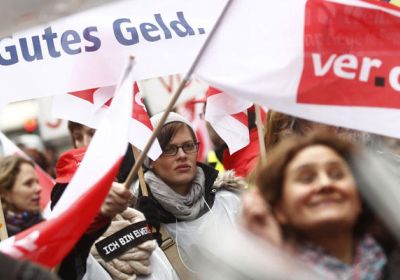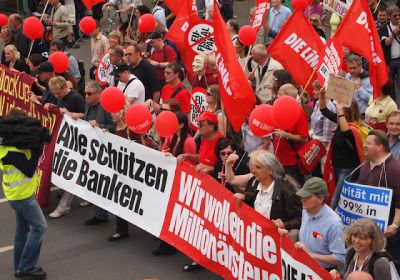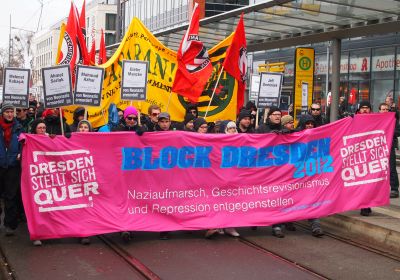
As the left in Australia faces the need to organise against escalating racism from mainstream politicians and the far right, important lessons can be learned from anti-racist struggles across the world.
Sibylle Kaczorek is a Socialist Alliance activist now living in Melbourne who was active in anti-racist campaigns in Germany. She spoke to Green Left Weekly's Nick Fredman.
* * *
Despite Germany officially becoming an anti-fascist state after World War II, there have been continuing connections between the far right and the state haven’t there?

